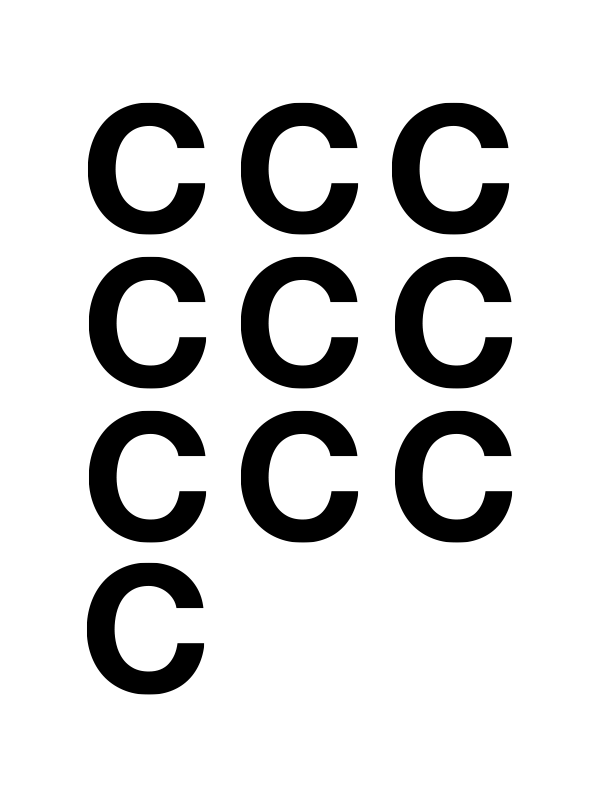Micro-Credentials Framework
Short Form:
Educational certification system
Definition:
The Micro-Credentials Framework refers to a structured system for recognizing and certifying small units of learning or skills acquisition. Unlike traditional degrees, micro-credentials focus on specific competencies or skills and are often offered in a digital format.
Application:
This framework is typically applied in educational and professional development contexts. It allows individuals to gain recognition for specific skills or knowledge areas without committing to longer, more comprehensive educational programs. It’s particularly useful in fast-evolving industries where ongoing skill development is essential.
Examples:
- A digital badge earned for completing a course in social media marketing.
- A certificate awarded for a short workshop on project management.
- A micro-credential for mastering a specific programming language.
Key Characteristics:
- Flexibility: Can be tailored to specific skills or knowledge areas.
- Accessibility: Often available online, making them accessible to a wider audience.
- Modularity: Can be combined to build towards larger qualifications.
Significance:
Micro-credentials democratize education by making it more accessible and relevant to immediate professional needs. They are instrumental in lifelong learning and help individuals stay competitive in rapidly changing job markets.
Related Terms:
- Digital Badges
- Continuous Learning
- Competency-Based Education
- Professional Development
- E-Learning
